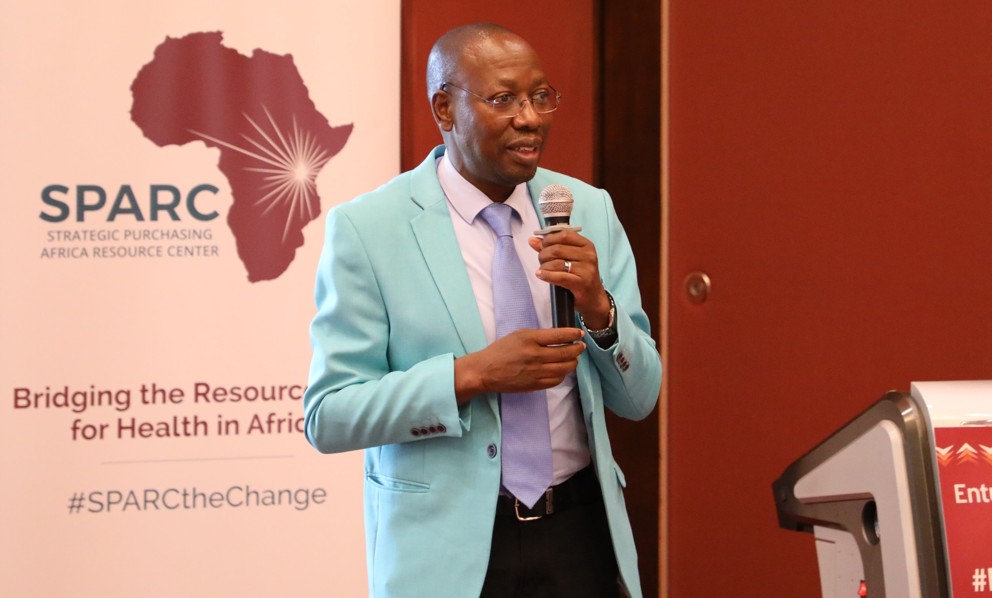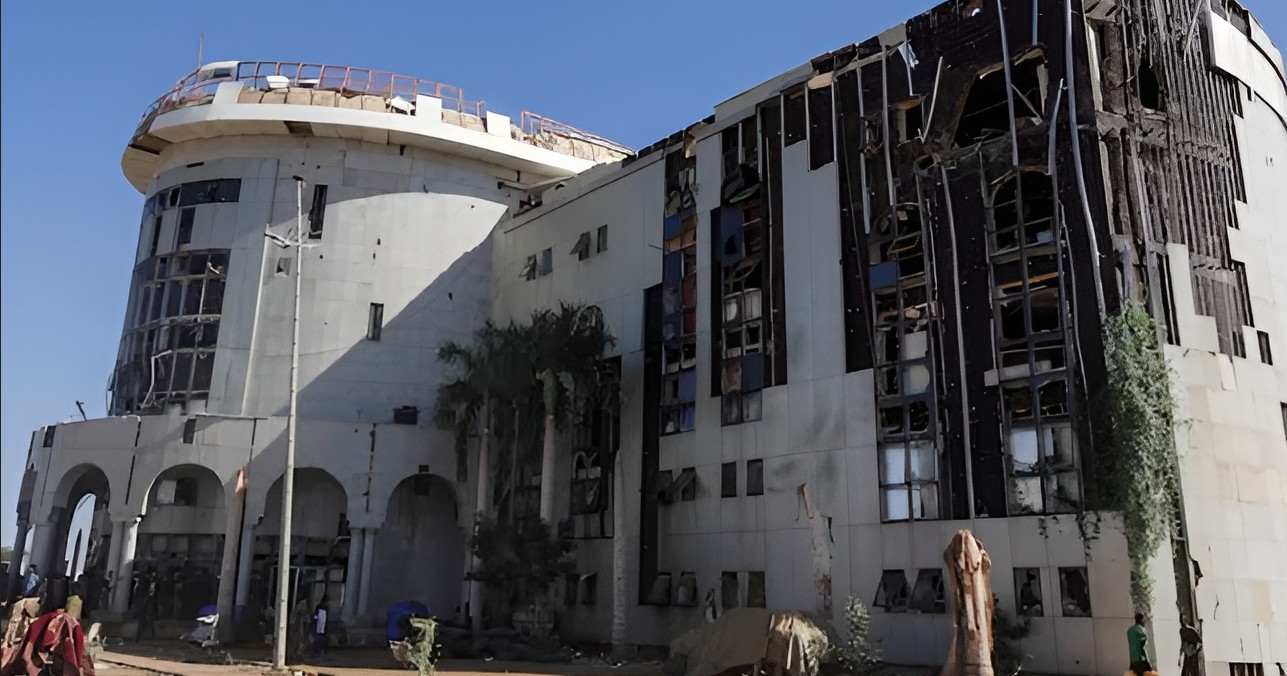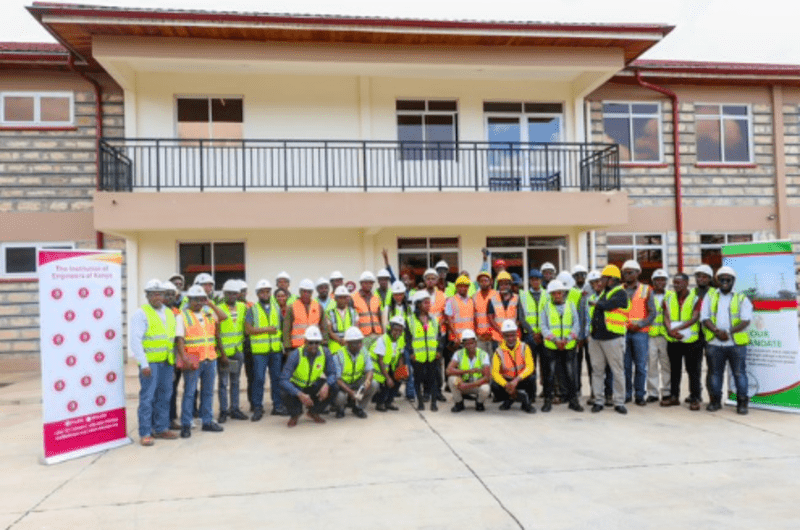Why recovered mental health patients are confined at Mathari Hospital for over 20 years

The legal challenges stem from gaps in the Mental Health Act, Cap 24, which mandates court rulings or directives for the release of patients admitted through legal orders.
Dozens of patients with mental health issues who are committed to the Mathari National Teaching and Referral Hospital through court orders remain confined there for a long time even after recovering, the hospital’s CEO Julius Ogato has revealed.
Speaking at The National Assembly on Tuesday Ogato revealed that some patients have been confined for over 20 years after recovery due to the lack of a legal framework to speed up their release, urging lawmakers to craft a legal solution to solve the debacle.
More To Read
- 12 creative ways to enjoy screen-free indoor play
- How just 10 minutes of morning sunlight boosts brain health, mood and focus
- Senators demand probe into mental health facilities following Chiromo Hospital killing
- Extreme weather affects mental health: what vulnerable women in Kenya told us
- Extreme weather affects mental health: What vulnerable women in Kenya told us
- Study links early smartphone use to severe mental health outcomes in young adults
"We have patients who are stable and fit for release, but because they were admitted through court orders, we cannot discharge them without legal clearance. Unfortunately, the process takes too long due to bureaucratic inefficiencies," he told the National Assembly Departmental Committee on Health.
The legal challenges stem from gaps in the Mental Health Act, Cap 24, which mandates court rulings or directives for the release of patients admitted through legal orders.
However, slow judicial processes, misplaced records, and a lack of follow-ups have resulted in prolonged confinements. Additionally, social stigma and family reluctance to reintegrate recovered individuals further complicate their release.
"The law requires a court ruling or directive, but the system is slow, and sometimes there is no follow-up after admission," Ogato explained.
Main referral hospital
As it stands, the facility, which is Kenya's main referral hospital for psychiatric cases, is struggling with limited bed capacity.
Many new patients in need of urgent mental health care are forced to wait because beds remain occupied by recovered patients who should have been discharged.
"Every bed occupied by a recovered patient is a bed denied to another in urgent need. As such, we must develop a system that upholds the rights of our patients while also ensuring the hospital can provide care to those who truly need it," Ogato said.
In his response, Endebess MP Robert Pukose, who chairs the National Assembly's Health Committee, called for immediate legal reforms to prevent unnecessary detention of recovered patients.
He expressed concerns over the inefficiencies in the judicial process and the lack of a structured system to ensure timely review of cases.
"It is unacceptable that a recovered person remains locked up due to administrative inefficiencies. The government must ensure fair treatment and reintegration," he said.
To address the issue, Pukose proposed the establishment of a special tribunal or a mechanism within the Judiciary to handle mental health discharge cases with speed.
He noted that the current system is not only unfair to the patients but also burdens the healthcare system.
Other Topics To Read
"We should not wait years to process a simple release order," he added.
Top Stories Today










































